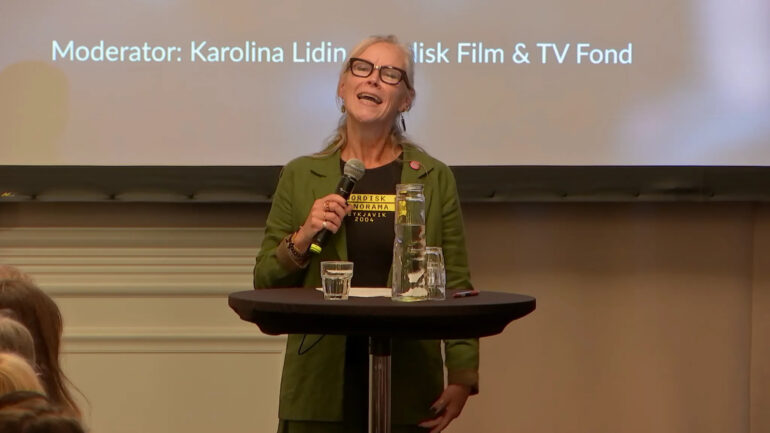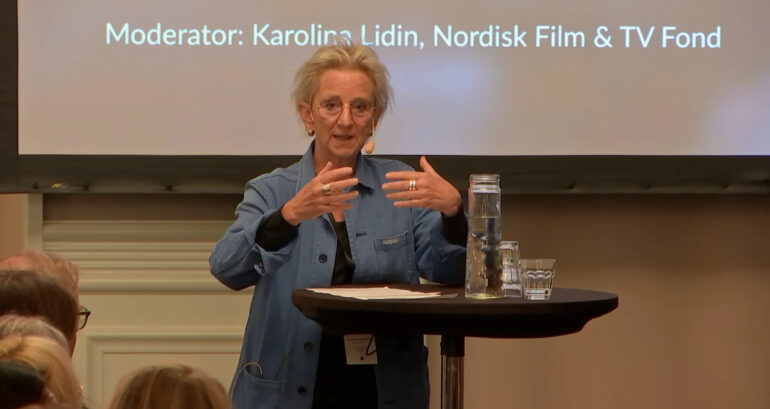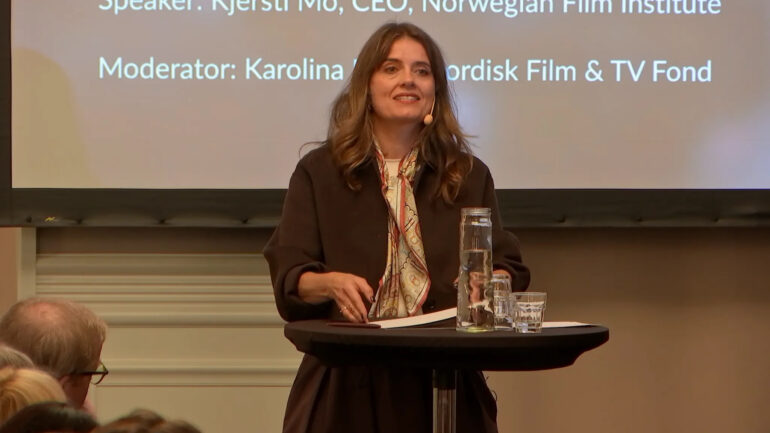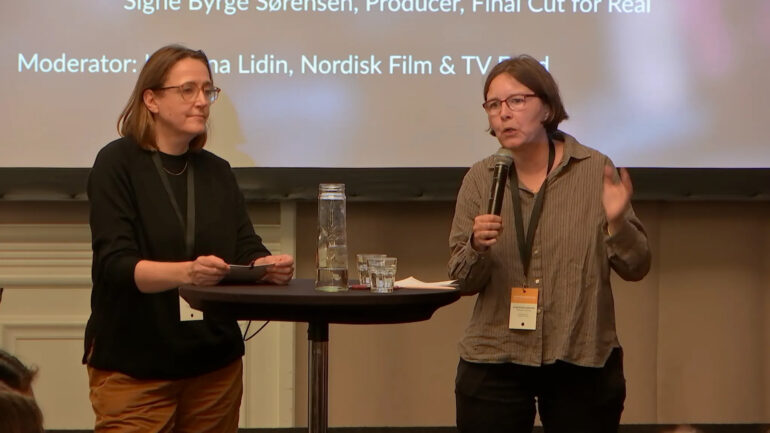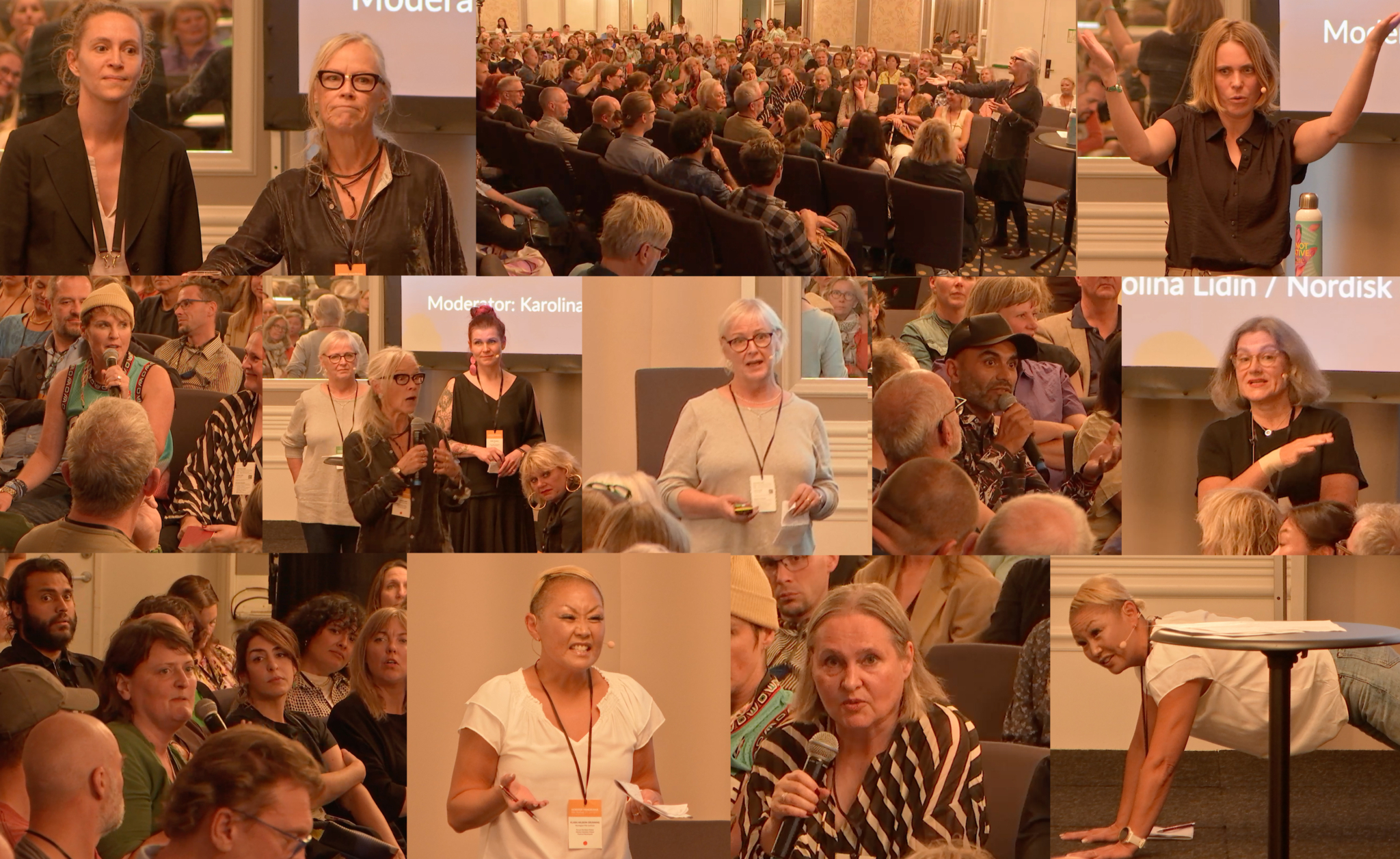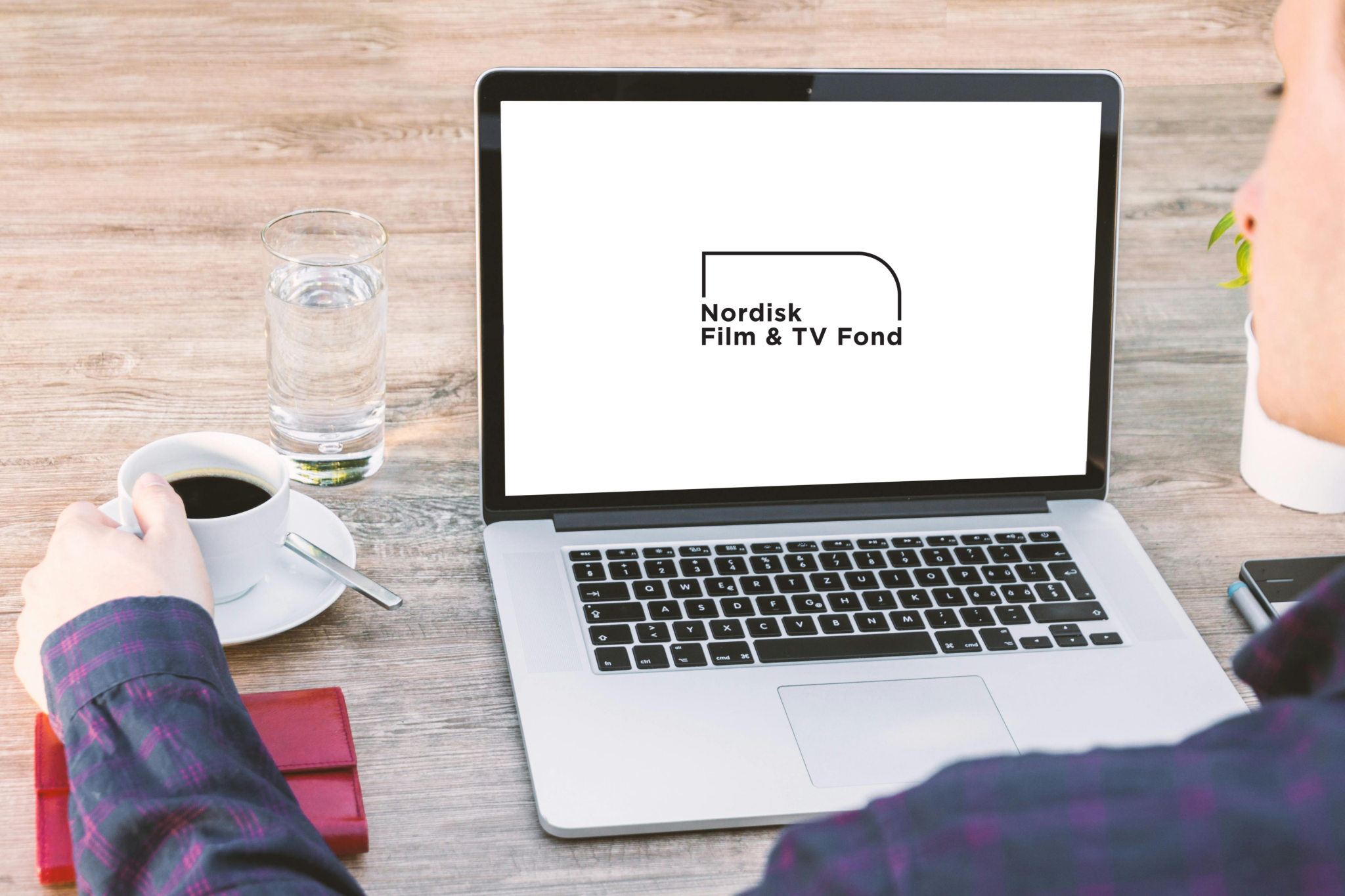Vibrant, curious and engaged: awards and other highlights from the 2025 Nordisk Panorama
The 36th edition of the Nordisk Panorama Film Festival in Malmö - an event that remains unchallenged as the annual flagship of Nordic documentaries and short films.
